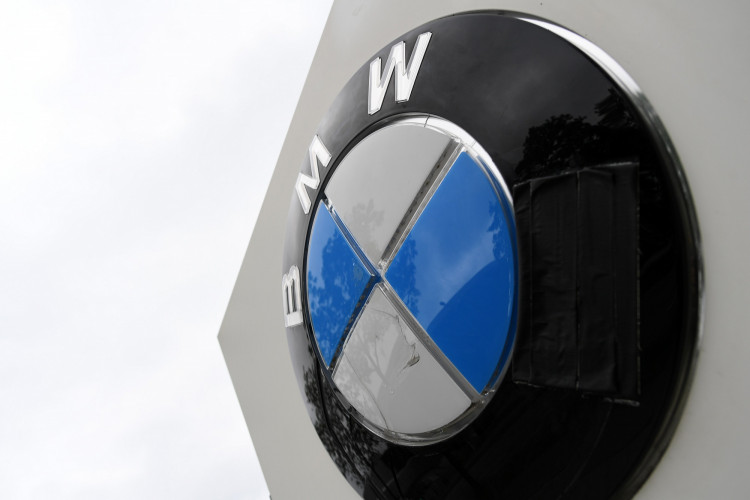German automaker BMW has signed a deal with State Grid Corporation Of China, through its subsidiary State Grid EV Service, to expand its elective vehicle charging infrastructure. The deal, which was signed last week in Beijing, is part of BMW's continued effort to promote the electric versions of its popular models in the world's largest new energy vehicle market.
Under the deal, BMW will be working with State Grid to develop and build a unified EV charging network and related infrastructures for its vehicle ecosystem. The deal is the first of its kind ever signed between an international vehicle manufacturer and state-owned State Grid.
Through their cooperative effort, BMW hopes to have more than 270,000 charging stations spread across the country, more than double its current numbers, by the end of the year. The private charging piles will be made available to all BMW EV vehicle owners. The charging piles, including direct current stations, will be placed at strategic locations along the country's 50,000-kilometer highways, allowing drivers to travel previously impossible distances using their zero emission BMW vehicles.
BMW Group Region China chief executive officer and president, Jochen Goller, mentioned in a statement that the strategic partnership with the country's largest highway charging pile operator is a testament to the company's commitment to the Chinese market. He added that the move is in line with China's own efforts to expand its new energy infrastructure and to promote the adoption of new technologies.
According to the company, the decision to form the new partnership was partly made because of the country's continued implementation of more favorable policies to support the country's new energy sector. BMW seized the opportunity to also develop its own infrastructure with the help of both the government and its new energy firms.
State Grid EV Services chairman, Quan Shengming, echoed BMW's sentiment, stating that the deal should play into both companies' strengths and complement both companies' advantages to propel China's new energy sector.
Once the new charging piles are added to its existing network, BMW expects to further consolidate its lead as the country's premier luxury vehicle brand and e-mobility solutions provider. BMW has been one of the largest foreign carmakers to provide e-mobility solutions in China, delivering more than 60,000 new energy vehicles to the country since it started making electric and hybrid vehicles.
BMW is looking to further expand its electric portfolio in China, revealing that it will be introducing at least 6 new electric models this year. In line with this, the company plans to enhance its available digital services and eDrive technology development to coincide with its expected surge in demand.






